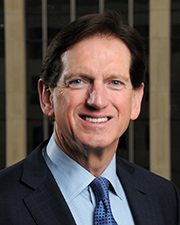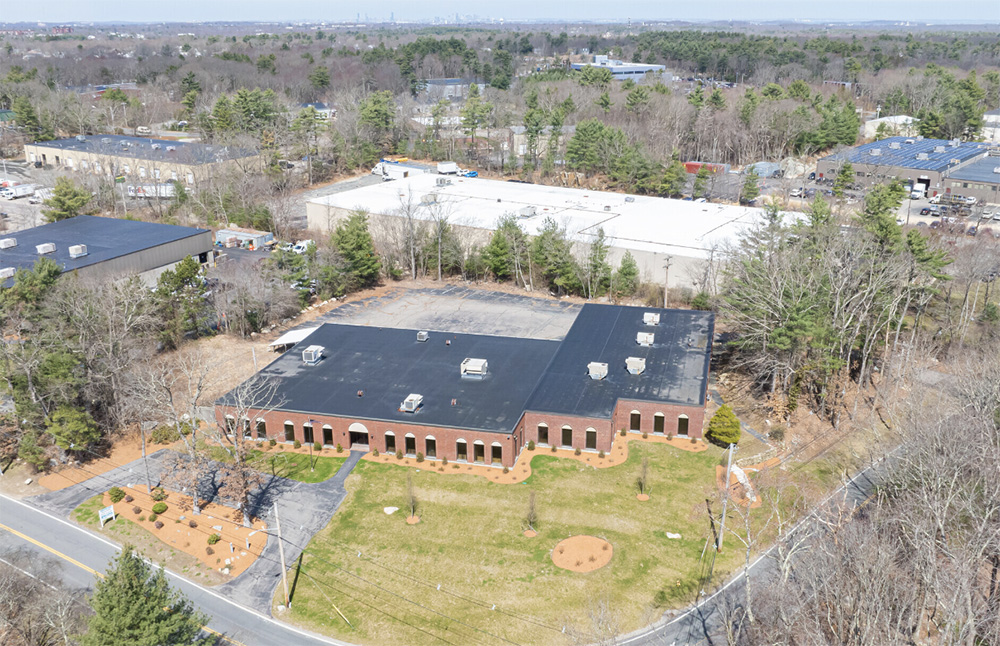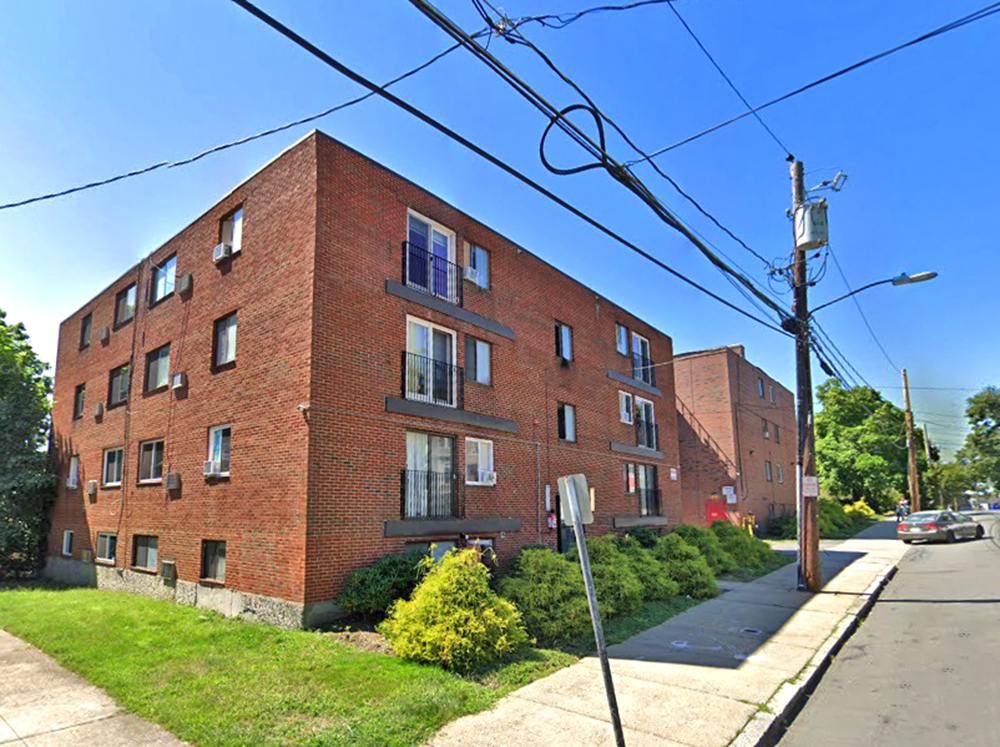2023 CRE outlook varies by sector - by Gary O’Connor

As we enter the fourth quarter of 2022 with many firms transitioning into 2023 planning mode, they do so amid quite a bit of uncertainty. With the possibility of a mild or moderate recession and the potential for inflation to continue–or worse yet, stagflation–2023 has a lot of unknowns. But there are certain trends in the commercial real estate industry that seem very likely to play out.
Office footprints will continue to be smaller: While the return-to-office status varies greatly by company, very few that scaled down their footprint during the pandemic have returned to their previous level. It would take another period of strong economic expansion to push office footprints back to pre-pandemic levels. While such a period would be quite welcome, it seems unlikely, at least in the early part of 2023.
Office demand split by class: Class A office space will likely see higher demand in 2023, while class B and C office space will likely continue to be in low demand. With smaller footprints, there is simply more high-quality office space available at more competitive rates than there was pre-pandemic.
Companies that previously might have occupied class B or C office space will take the opportunity to upgrade, particularly as they look to lure employees back. One can imagine that without a high-quality office environment, employees may be more likely to wish they were still working from home and push for remote, or at the very least, hybrid schedules.
Retail demand also split by class: Heading into 2023, demand for niche retail such as grocery, fitness and medical will continue to be quite strong. Large shopping centers and malls, however, which struggled mightily even before the pandemic, will continue to see falling demand in the absence of major redevelopment to add amenities or transition to attractive live/work/play spaces.
E-commerce and logistics will continue to expand: While most people still venture into retail stores, e-commerce habits developed during the pandemic seem likely to continue indefinitely. Despite the recent news articles about Amazon putting a halt to dozens of new projects, the company continues to build new distribution centers. And they’re not the only ones–it’s a great time for companies with light industrial or warehouse needs to expand, particularly if they can take advantage of vacant malls or retail.
Gary O’Connor is co-chair of the real estate, energy, environmental and land use practice at Pullman & Comley, Hartford, CT.
McEvoy of The Conrad Group brokers $2.9 million sale of industrial building


5 Questions to ask when choosing a real estate broker - by Elizabeth Perez Barlett

The doctor is in: How medical leases differ from retail and office spaces - by Brian Cafferty

Investing in a falling rate environment - by Harrison Klein


 (2).jpg)






